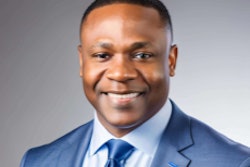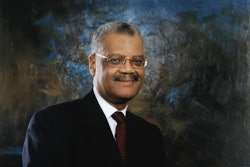Growing up in Los Angeles, the daughter of West African immigrants, Bernadette Atuahene knew from an early age that she was destined for a career in law. What she didn’t realize right away was that she could fuse her passion for social justice and advocacy with the world of academia.
 Bernadette Atuahene
Bernadette Atuahene
“My parents were from Ghana, so I only really had about four options growing up,” she remembers. “I could be a doctor, a lawyer, an engineer, or a disgrace to the entire family. I thought I had to choose, so I knew immediately that I wanted to be a lawyer to fight for the generational wealth of our people, Black people.”
Atuahene is a professor at the USC Gould School of Law. She stepped into that position after serving as a judicial clerk for the Constitutional Court of South Africa and later as an associate at Cleary, Gottlieb, Steen & Hamilton—a prestigious law firm in New York.
The Yale law school graduate says that for too long, Black and marginalized communities have been the targets of systemic theft—stripped of their wealth, their homes, and their dignity by policies disguised as governance. As a legal scholar and activist, she has challenged land and housing injustices that disproportionately impact Black communities and has spent her entire career pulling back the curtain, proving that the dispossession of Black people in America and globally isn’t just accidental mismanagement—it’s by design.
While working as a professor at Chicago-Kent College of Law, Atuahene first gained attention for her work on land restitution in South Africa, where she examined the lingering impact of apartheid-era land theft. Her 2014 book, We Want What’s Ours: Learning from South Africa’s Land Restitution Program, laid bare the emotional and financial consequences of stolen land and the struggle for reparations.
“In my first book, I explore two concepts, dignity taking and dignity restoration,” she says. “And from that, over 40 scholars have used those concepts and applied it throughout history to case studies and throughout geographies.”














